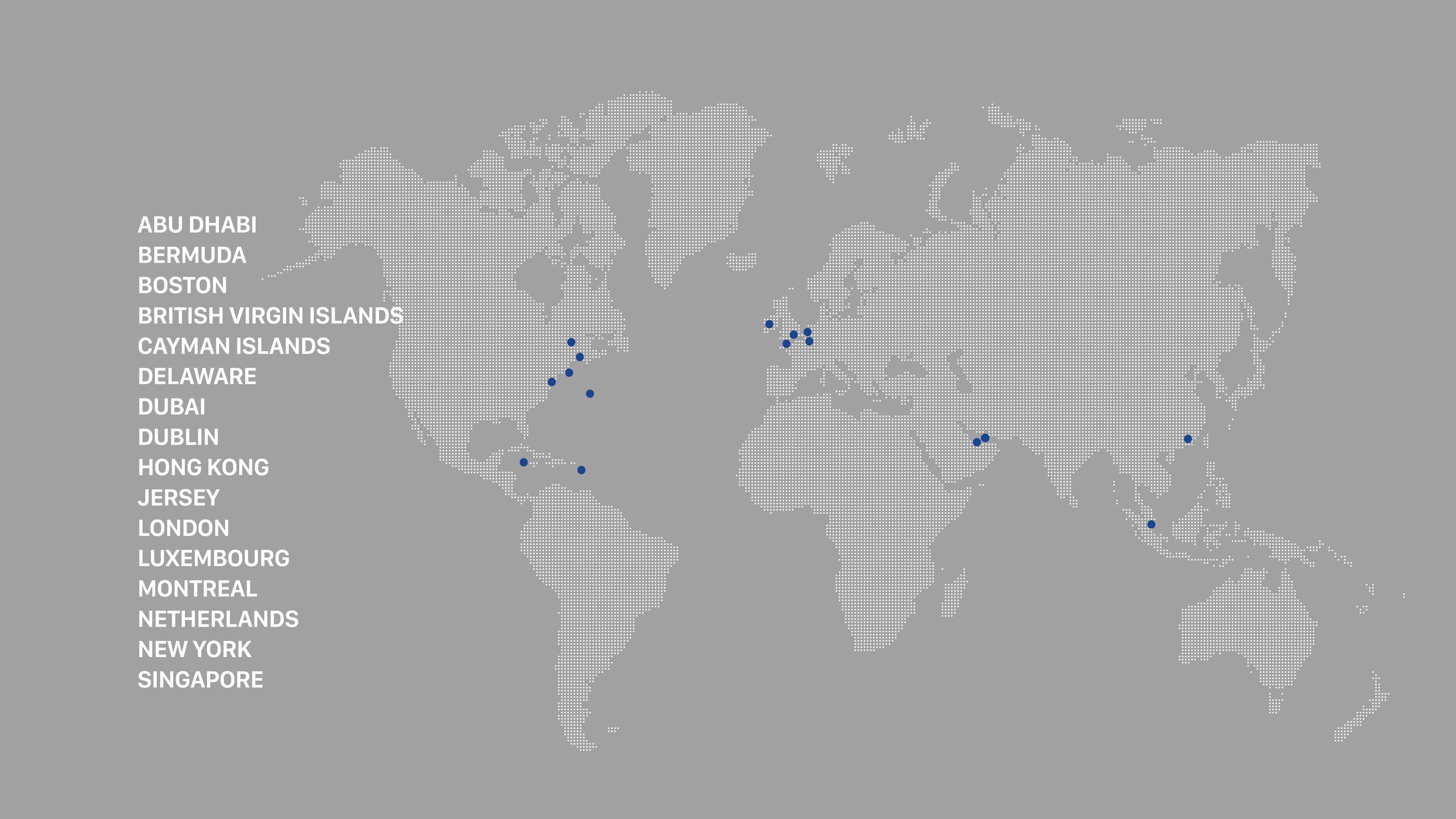THE
Podcast

REGULATORY 15/15
January 2024




Podcast

REGULATORY 15/15
January 2024




• EU AML Delisting
• Beneficial Ownership Transparency Act, 2023
• CIMA's Supervisory Information Circular – AML / CFT Remediation



• A 15-minute summary of the latest developments in the regulatory laws of the Cayman Islands released on the 15th day of every month
• A copy of the previous 15/15 released on 15 November can be accessed on our website: Maples 15/15
• Comments and suggestions to format of the 15/15 are always welcome –please email speakers directly



• On 15 December 2023, the Ministry of Financial Services & Commerce released a statement confirming that the EU Commission had published a delegated regulation regarding the removal of the Cayman Islands from its AML list
• This document marks the first official step toward the Cayman Islands' delisting from the EU AML list with further developments expected in the next month
• As of 5 December 2023, the UK Government has officially removed the Cayman Islands from its list of high-risk third countries for AML / CFT / CPF purposes following the removal of the Cayman Islands from the FATF AML list in October 2023



• On 15 December 2023, the BOT Act and the following consequential amendment Acts were gazetted (not yet in force):
• Banks and Trust Companies (Amendment) Act, 2023
• Companies (Amendment) Act, 2023
• Companies Management (Amendment) (No. 2), Act, 2023
• Foundation Companies (Amendment) Act, 2023
• Insurance (Amendment) (No. 2) Act, 2023
• Limited Liability Companies (Amendment) Act, 2023
• Limited Liability Partnership (Amendment) Act, 2023
• Mutual Funds (Amendment) Act, 2023
• Virtual Asset (Service Providers) (Amendment) (No. 2) Act, 2023

• On 15 December 2023, the BOT Act was gazetted (not yet in force):
• Reminder:
• BOT Act extends compliance requirements to partnerships and requires new data fields
• Alternative route to compliance for regulated funds
• The BOT Act as passed included certain noteworthy changes to the Bill previously published in August 2023
• Section 4: Definition of 'beneficial owner' ("BO")
• Previously, a BO could include a 'senior managing official' ("SMO") where no individual otherwise met the test
• Now a requirement to name a senior managing official as a 'contact person' only where no other heads of the BO definition are met
• Wording within the definition that applies to trustees has been simplified, although no effective changes as to how provisions are applied

• Section 6: Duty to identify registrable beneficial owners
• Section amended to add new requirement for legal entities to specifically inform corporate service providers in writing as soon as the required particulars have been confirmed
• Previously, requirement was for legal entities to simply provide the particulars "as soon as those required particulars had been confirmed"
• We anticipate that the Administrative Fine provisions in the new BOT Regulations will be amended accordingly to track an accompanying breach for failures of legal entities to comply with the changed requirement

• Section 12(1)
• The ability to lodge a 'nil return' where there are no identifiable BOs has been removed
• This tracks with the forementioned changes to the definition of BO, which effectively means there will always be someone named on the register (either a BO or a SMO 'contact person')
• This constitutes a change in practice for industry
• Enhanced beneficial ownership framework reaffirms the Cayman Islands' commitment to the UK towards greater transparency and prepares the jurisdiction for the upcoming Financial Action Task Force's 5th Round of Mutual Evaluations

• BOT Act provides for a public register of beneficial ownership
• CI Government is currently progressing plans to provide access to members of the public who meet the 'legitimate interest test' – parties genuinely seeking information to prevent or combat money laundering and terrorist financing (e.g., media and civil society organisations under specific circumstances)
• Public register is anticipated to be introduced in the Cayman Islands no later than Q4 2024
• No certainty yet as to when BOT Act will be brought into force



• CIMA routinely conducts onsite inspections and in so doing may identify deficiencies within their inspection report along with specific actions to remediate issues within specified timeframes
• Supervisory Information Circular published on 29 December 2023
• Describes how CIMA monitors AML / CFT remediation by financial service providers ("FSPs") and sets out the key elements of a successful remediation plan
• Where AML / CFT issues are identified, CIMA requests FSPs to report monthly or quarterly on their remediation progress (frequency depends on the nature of the issues and the gravity)

• CIMA provides a template for FSPs to complete the Work Plan which forms the basis of communication between the FSP and CIMA on the progress of the remediation
• FSP is expected to update CIMA on its progress including any outstanding issues
• FSPs may submit a request for an extension in writing where the set remediation timeframe cannot be met
• Remediation extension requests will be considered by CIMA on a caseby-case basis
• CIMA will formally notify FSPs once it is satisfied that no additional remediation documents are required
• CIMA may also conduct a follow-up inspection to test and validate the remedial actions

This presentation was presented on and is only accurate to 12 January 2024. The information within this presentation is provided for general guidance only, is not intended to be comprehensive and does not constitute legal advice or give rise to an attorney / client relationship.
Specialist legal advice should be taken in relation to specific circumstances. If you require legal advice, please reach out to your usual Maples and Calder contact.
Published by Maples and Calder (Cayman) LLP. January 2024


